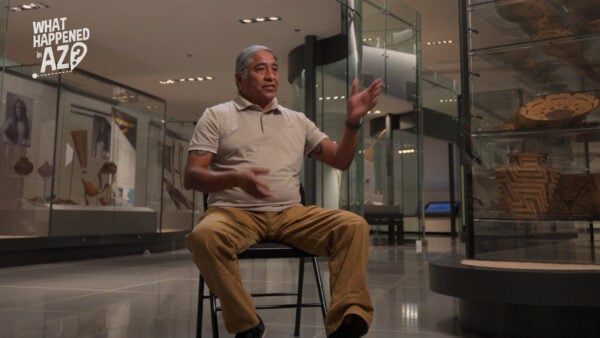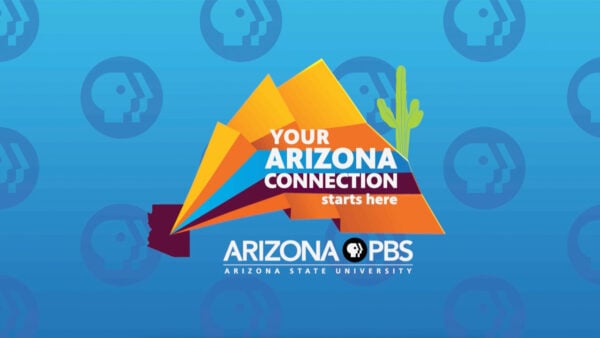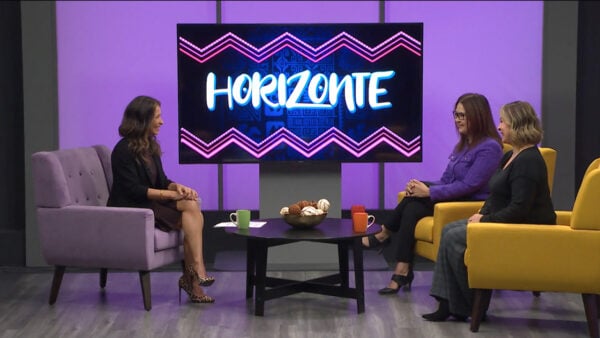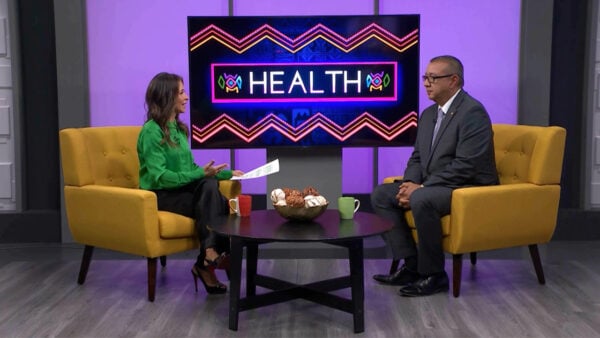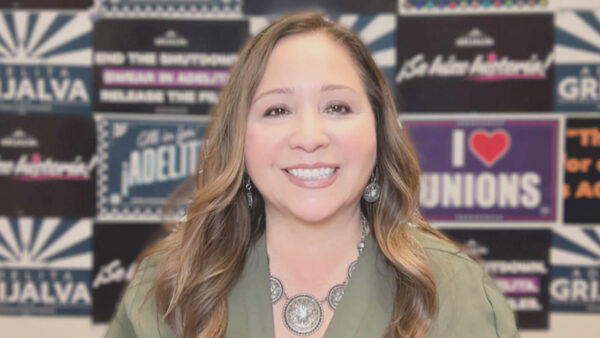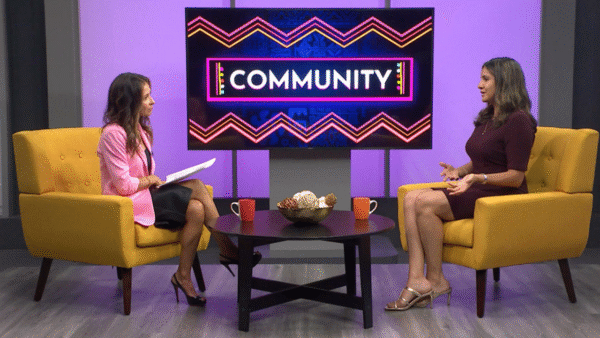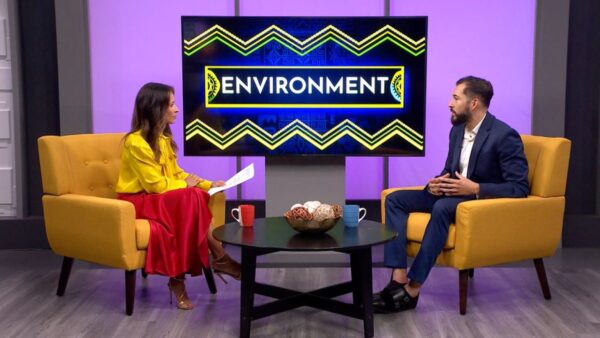Survey finds Latinos care deeply about the environment
Oct. 21, 2023
A 2021 survey by Pew Research Center shows Latinos have greater concerns about harm being done by environmental issues than other communities.
We talked with Ylenia Aguilar, who sits on the Board of Directors for Central Arizona Water Conservation District, about environmental concerns of Hispanics and participation by Hispanics in solving these problems. Also in on the discussion: Nuvia Enriquez, the Communications Director for Chispa Arizona, a League of Conservation Voters.
According to the survey, approximately 71% of Hispanics feel there is too much garbage, waste and landfills, which was 12 points higher than non-Hispanics, with about 71% of Hispanics concerned with water pollution, compared to 57% of people from other communities.
“I don’t think it’s new information,” Aguilar said. “I don’t think it’s talked enough about it. Our families and our communities, we are very responsible when it comes to water use. Those of us who are immigrants or people from Indigenous backgrounds, we know that we have to take care of the planet; that is a belief of our ancestors,” Aguilar said.
“The Latino community is the most concerned group with the environment, so that is why the program was started by the League of Conservation Voters,” Enriquez said. “And we also know that we are at the forefront of the climate crisis. The Latinx community, communities of color and low income communities are the ones that are experiencing the effects of climate change the most. We are more likely to live in areas with high pollution, places close to highways. We are definitely more likely to live in areas where there is waste, and this is systemic.”
“Some of our family members are working out in the field, and we know where the food comes from so we are more likely to protect the planet and [be] aware of what is happening,” Aguilar said.
Enriquez said Latinos are already environmental leaders but need to be given a seat at the table when it comes to addressing environmental issues.
“Our members (CHISPA) are already connected to the land. Our members already come from places where they had to work the land, for example. It is not a big pull for us to get people to care,” Enriquez said. “We just create the space for people to engage in something they already care about from a policy perspective, from a political perspective.”

